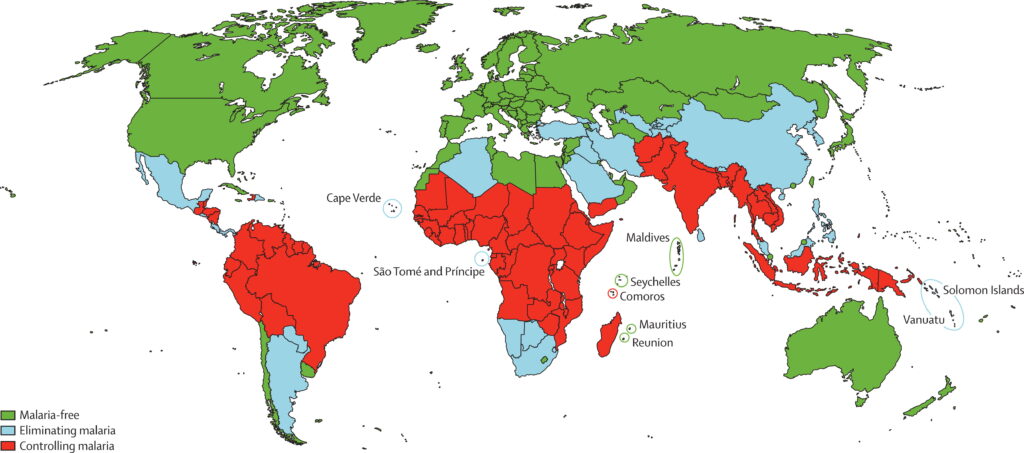A recent study conducted by a team of researchers from the Australian National University (ANU) has shed light on a previously misunderstood aspect of the immune system, unveiling the crucial role of atypical B cells (ABCs) in the fight against persistent infections, particularly malaria. The study, titled “Zeb2 drives the formation of CD11c + atypical B cells to sustain germinal centers that control persistent infection,” introduces groundbreaking findings that could reshape our understanding of immune responses and pave the way for innovative treatments.
The researchers at ANU delved into the mechanisms behind the creation of ABCs, often regarded as “junk cells” in the immune system. Using advanced gene-editing technology, the team focused on the Zeb2 gene in mice, unraveling its pivotal role in the production of ABCs. Intriguingly, mice lacking the Zeb2 gene were unable to effectively control malaria infection, highlighting the newfound significance of these atypical B cells.

Lead author Xin Gao, PhD, a postdoctoral fellow at ANU, expressed the unexpected discovery, stating, “Although ABCs are known to contribute to chronic inflammatory diseases and autoimmunity, we’ve discovered a previously unknown ability of these cells to fight disease. In this sense, ABCs are like a double-edged sword. Contrary to past belief, ABCs are not junk cells; they are more important than we thought.”
The researchers’ exploration into the immune system’s response to infections, specifically malaria, opens up new perspectives for leveraging the body’s natural defenses. Patients with malaria have long been known to exhibit elevated levels of ABCs in their immune systems compared to the general population. This correlation indicates that understanding the function of ABCs can provide valuable insights into combatting malaria and other persistent infections.
Beyond malaria, the implications of this discovery extend to the realm of chronic autoimmune diseases, such as lupus. The study suggests that unraveling the role of ABCs could offer a key to developing innovative treatments for these conditions. Study co-author Ian Cockburn, PhD, a professor at the ANU John Curtin School of Medical Research, emphasized the potential impact of these findings, stating, “ABCs also appear in large numbers in many autoimmune diseases, including lupus, which can be life-threatening in severe cases.”
The dual nature of ABCs, acting as contributors to both chronic inflammatory diseases and essential components in the fight against infections, adds complexity to our understanding of the immune system. This revelation challenges previous assumptions about the role of ABCs and underscores their significance in the intricate web of immune responses.
The ANU research not only advances our understanding of immune function but also offers a promising avenue for developing targeted treatments for diseases characterized by persistent infections and autoimmune disorders. As the scientific community continues to unravel the mysteries of the immune system, the discovery of the Zeb2 gene’s pivotal role in driving ABC formation marks a significant step forward in harnessing the body’s defenses for improved health outcomes.


Leave a Reply